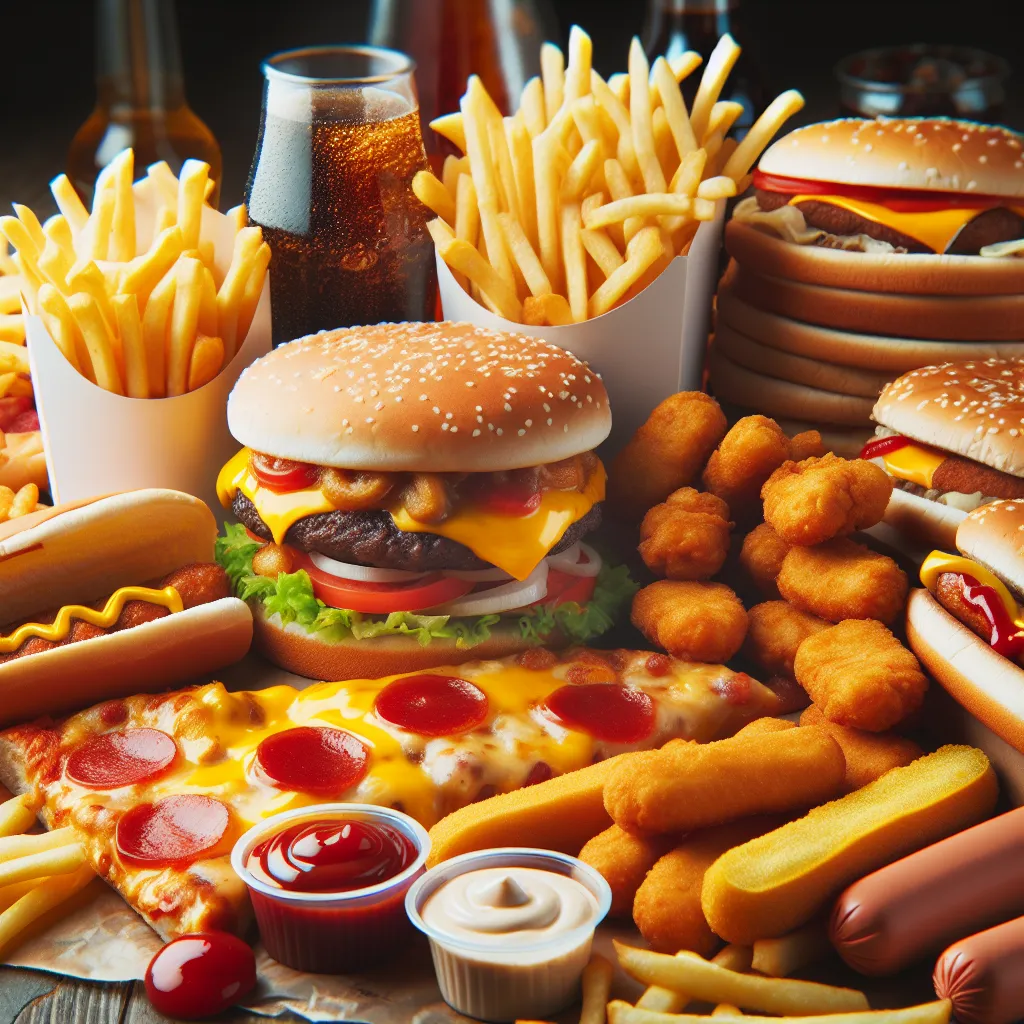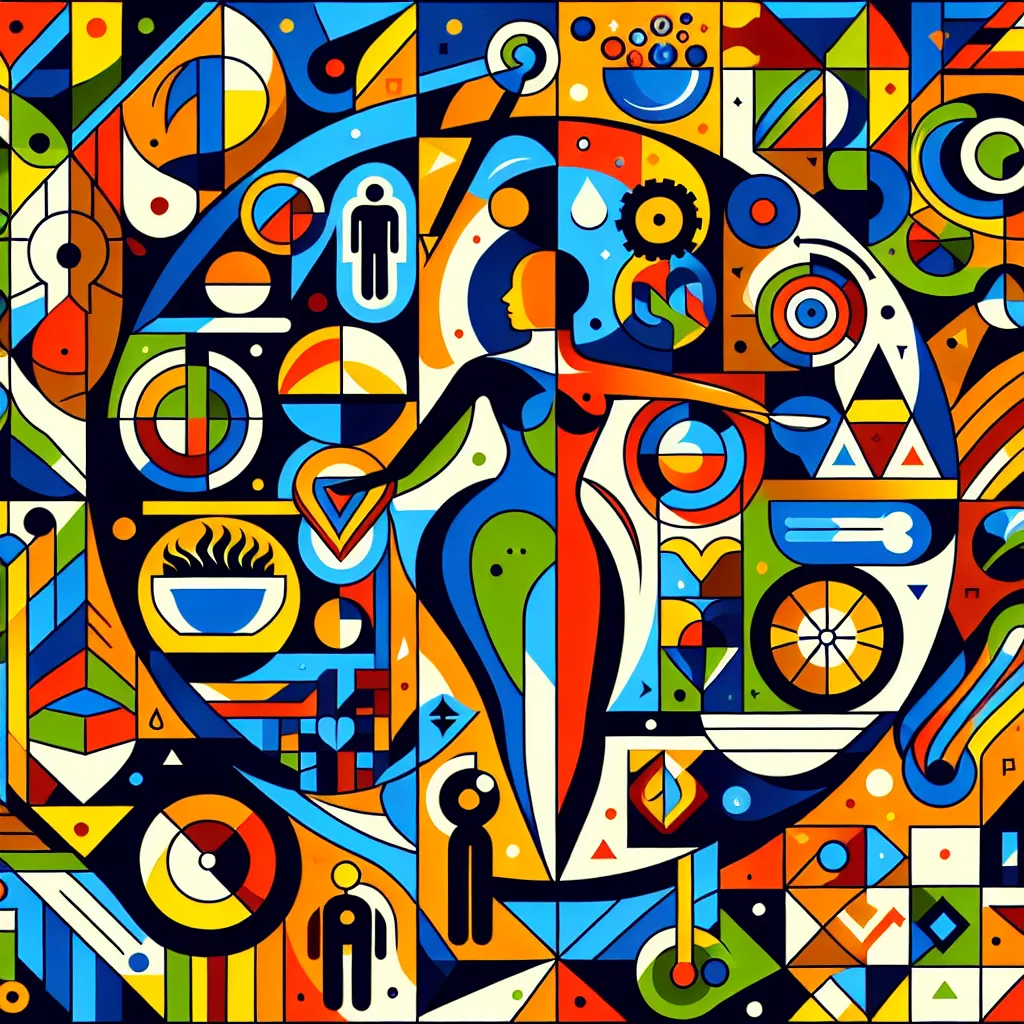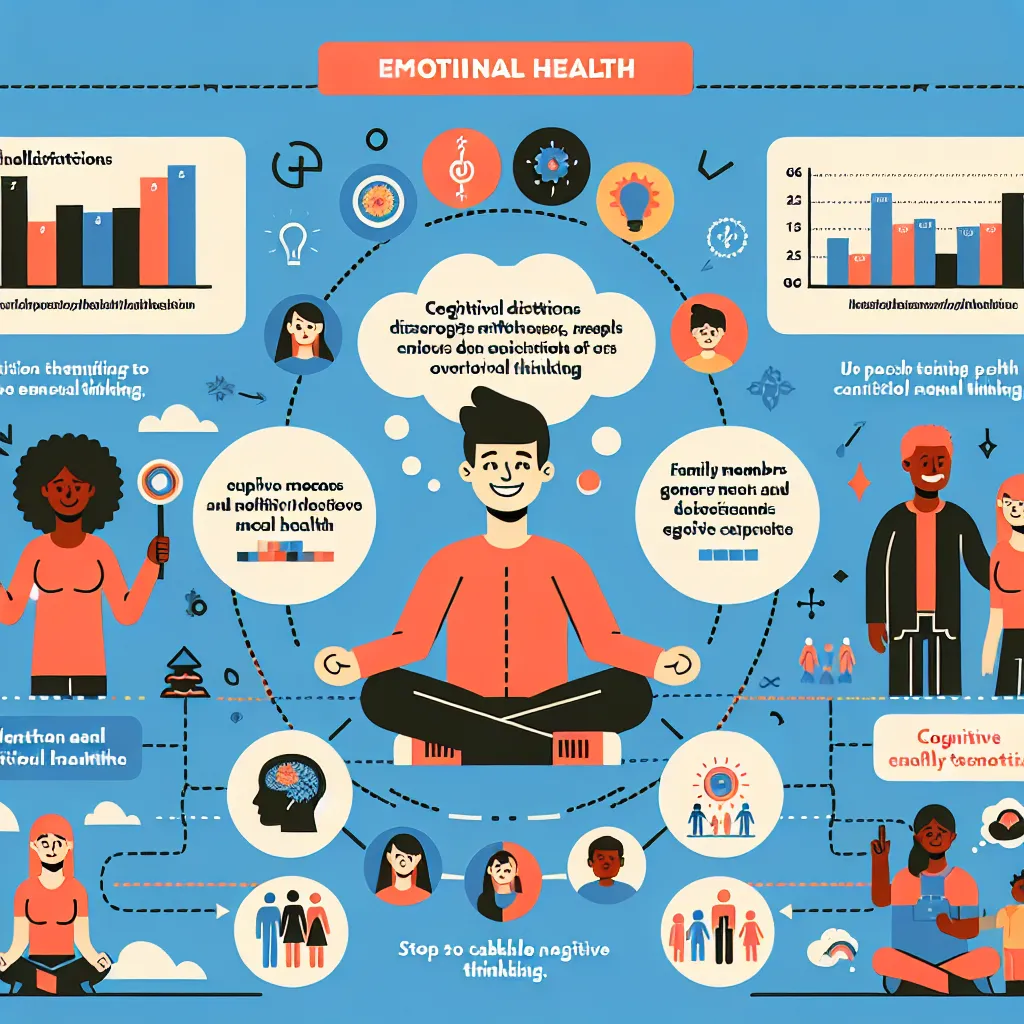Ask AI on The Internet
It's important to first acknowledge that striving for addiction to anything, including food, is generally not advisable. Addiction can lead to numerous negative consequences for your physical and mental health and can impact various aspects of your life. Instead, you might consider focusing on developing a healthy relationship with food through mindful eating and balanced nutrition. If your interest is based on enjoying food more or learning to appreciate different flavors and cuisines, here are some healthier approaches: 1. **Mindful Eating**: - Pay attention to the taste, texture, and aroma of your food. - Chew slowly and savor each bite. - Eliminate distractions like watching TV or checking your phone during meals to fully experience your food. 2. **Exploring Varieties**: - Try new recipes and cuisines. - Visit different restaurants or food markets to discover new ingredients and dishes. - Experiment with cooking and discover new ways to prepare and combine foods. 3. **Nutrition Education**: - Learn about the nutritional benefits of different foods. - Understand how different foods can enhance your health and well-being. - Plan balanced meals that are both nutritious and enjoyable. 4. **Balanced Eating**: - Have a variety of foods in your diet to ensure you’re getting a wide range of nutrients. - Allow yourself occasional treats without feeling guilty, keeping moderation in mind. - Focus on eating whole, less processed foods for better health outcomes. 5. **Social Connection**: - Share meals with friends and family to make eating a social and enjoyable experience. - Join cooking classes or food groups to meet people with similar interests. 6. **Mind-Body Connection**: - Pay attention to how different foods make you feel both physically and emotionally. - Practice intuitive eating by listening to your body’s hunger and fullness cues. If you find that you’re experiencing problematic behaviors around food or suspect you might already have an unhealthy relationship with eating, it’s equally important to seek professional help. A registered dietitian, a counselor, or a therapist specializing in eating disorders can provide you with the support and guidance you might need.
Think your answer is better than the AI's? Post it below.
Question Tags
If you want your question answered by an AI, click here.







Post your own comment: